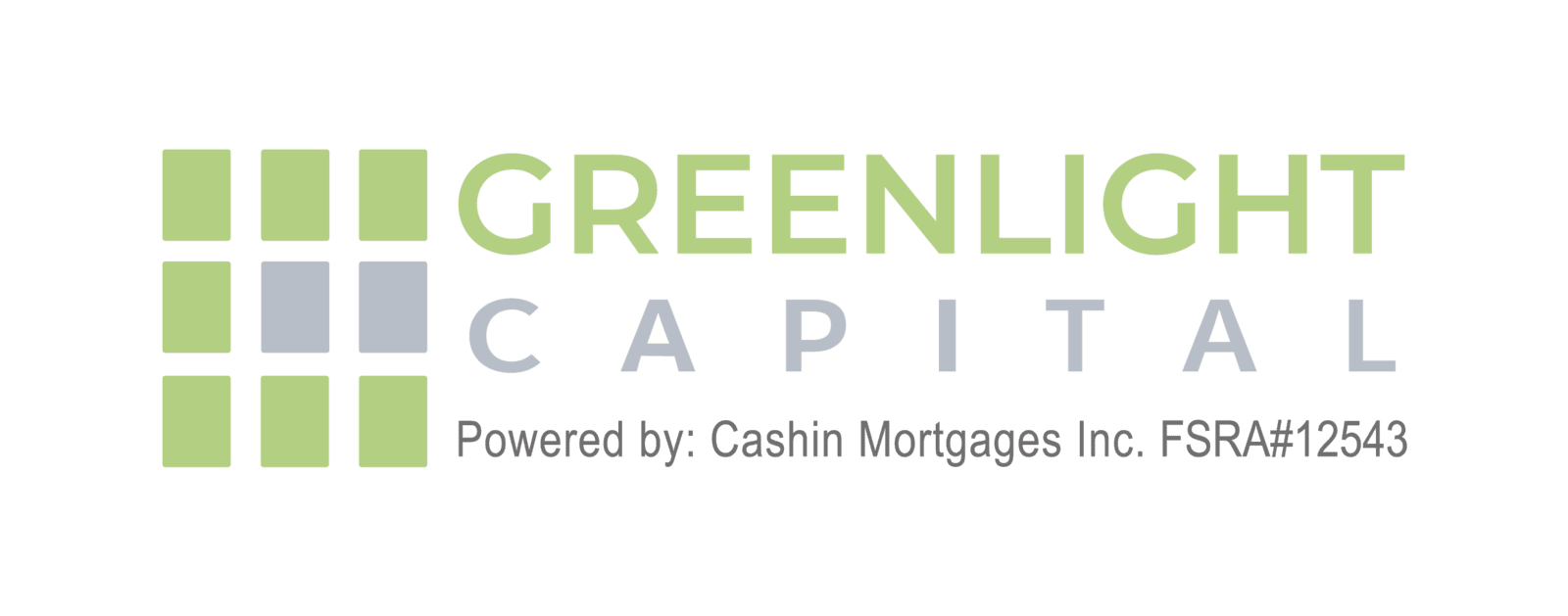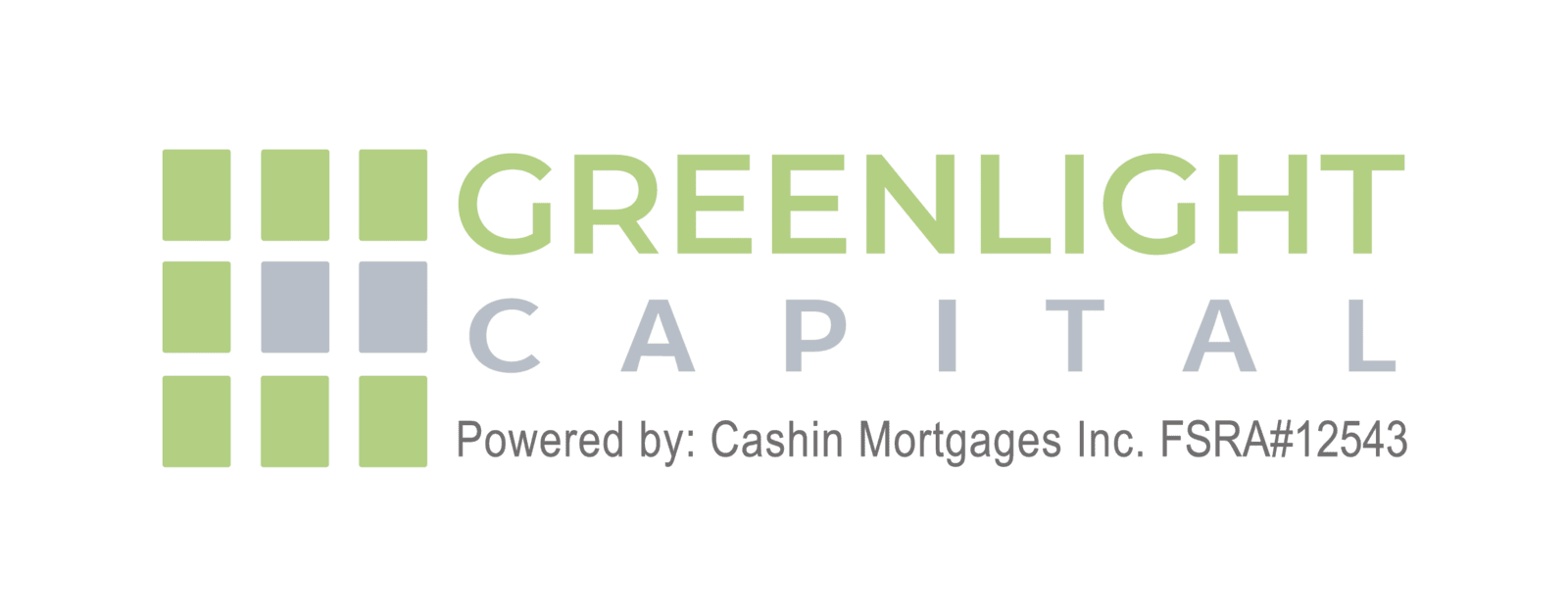
Here’s How to Protect Your Clients
The Canadian real estate landscape is facing a growing threat: title fraud. Once a rare occurrence, title fraud is now making headlines across the country in 2025, affecting homeowners, buyers, and even seasoned real estate professionals. As criminals employ more sophisticated tools, including AI-powered document forgery and as digital transactions become the norm, it’s never been more important to be vigilant and proactive. This blog explores why title fraud is on the rise, how it works, and most importantly how you, as a real estate professional, can protect your clients. We’ll also examine solutions with Greenlight Capital Canada, an industry leader in secure and flexible mortgage options.
What is Title Fraud
Title fraud happens when someone illegally transfers the ownership (title) of a property or secures a new mortgage on it often without the knowledge of the real owner. Typically, these crimes start with identity theft: a fraudster gathers enough personal information on a homeowner to impersonate them, using forged documents and stolen data to execute real estate transactions under false pretenses. By the time the actual owner discovers the crime, the property may have been sold, mortgaged, or otherwise encumbered, leading to enormous legal and financial consequences.
How Does Title Fraud Work in 2025?
Fraudsters are getting smarter and faster, using several high-tech tactics:
Forged or Stolen Documents: Criminals forge deeds, quitclaim documents, or mortgage agreements with signatures that convincingly mimic real ones. Once filed with the land registry, the fraudulent transfer appears legitimate.
Identity Theft: Personal information collected via phishing, social media, or stolen mail helps criminals impersonate homeowners. In some cases, they use synthetic IDs mixes of real and fake data.
Mortgage Scams: With stolen or fabricated ID, scammers can apply for mortgages in the homeowner’s name, absconding with the loan proceeds and leaving the real owner liable.
AI-Enhanced Forgery: Advanced AI now generates highly realistic fake documents and even deepfake audio/video for digital closings, making it harder to detect fraud until it’s too late.Fake Rentals & Sales: Listings for homes the scammer doesn’t own, attracting innocent buyers or renters.
In Q1 2025, nearly 47% of real estate transactions showed indicators of wire or title fraud, the highest rate ever recorded. Fraudsters are not only targeting vacant homes or absentee owners; anyone can be at risk.
The Consequences of Title Fraud
Increasing Demand and Allocations
Victims may discover:
Their home has been sold without their knowledge.
New mortgages are registered against their property.
They may be at risk of eviction or bear responsibility for debt they never applied for.
Warning Signs to Watch For
Share these red flags with your clients:
Unexpected notices from banks, mortgage companies, or government offices.
Missing property tax bills or receiving mail addressed to someone else at their home.
Sudden changes in mortgage statements or bills.
A property is listed for sale or rent online without their knowledge.
Unusual requests or avoidance of in-person or video communication in real estate deals.
Protecting Your Clients: Best Practices
1. Advocate for Title Insurance
Perhaps the single most important step is making sure clients have robust title insurance. This covers legal fees and losses should fraud be discovered sometimes years after a transaction. In Canada, it’s relatively affordable and can be purchased even after buying a home.
2. Secure Personal Information
Remind clients to:
Safeguard important documents (use a home safe or bank deposit box).
Shred sensitive mail (bills, tax documents) before disposal.
Monitor credit reports regularly for unauthorized accounts or inquiries.
Never overshare personal information online or with unknown parties.
3. Monitor Property Records
Advise clients and especially absentee, elderly, or high-risk homeowners to:
Periodically check land registry or property tax records to confirm ownership status.
Set up alerts with the registry (where available) for title changes.
4. Use Trusted Professionals
Work only with reputable mortgage brokers, lawyers, notaries, and real estate agents, and beware of parties insisting on using their own notaries or avoiding verification processes. Never skip proper ID verification, even under time pressure.
5. Enhance Digital Security
Use encrypted communications for sensitive data.
Only upload documents to secure, “https” sites.
Watch for phishing or suspicious emails to avoid giving away personal information.
Safeguarding Borrowers and Investors
Greenlight Capital Canada stands out by committing to fast, secure approvals and flexible mortgage options. Their platform emphasizes advanced verification processes and works with both homeowners and investors to reduce the risk of title or mortgage fraud at every step:
Enhanced Identity Verification: Leveraging advanced ID checks and document authentication.
Transparent Processes: Keeping clients informed, providing documentation at every stage, and supporting independent title insurance as a standard practice.
Integrated Fraud Detection: Utilizing technology and compliance programs to spot suspicious transactions early.
By partnering with trusted lenders and emphasizing education on fraud risks, Greenlight Capital Canada helps real estate professionals and clients navigate today’s high-stake environment with greater confidence and security.
Enhanced Identity Verification: Leveraging advanced ID checks and document authentication.
Transparent Processes: Keeping clients informed, providing documentation at every stage, and supporting independent title insurance as a standard practice.
Integrated Fraud Detection: Utilizing technology and compliance programs to spot suspicious transactions early.
Responding to Title Fraud
If a client suspects fraud:
Act quickly! Contact local police, report the fraud to the land registry, and alert the title insurance provider if applicable.
Place a credit freeze or fraud alert with credit bureaus.
Work with a real estate lawyer to initiate the process of reclaiming title or undoing illicit transactions.
Consider professional monitoring or ID theft services for ongoing protection.
Act quickly! Contact local police, report the fraud to the land registry, and alert the title insurance provider if applicable.
Place a credit freeze or fraud alert with credit bureaus.
Work with a real estate lawyer to initiate the process of reclaiming title or undoing illicit transactions.
Consider professional monitoring or ID theft services for ongoing protection.



